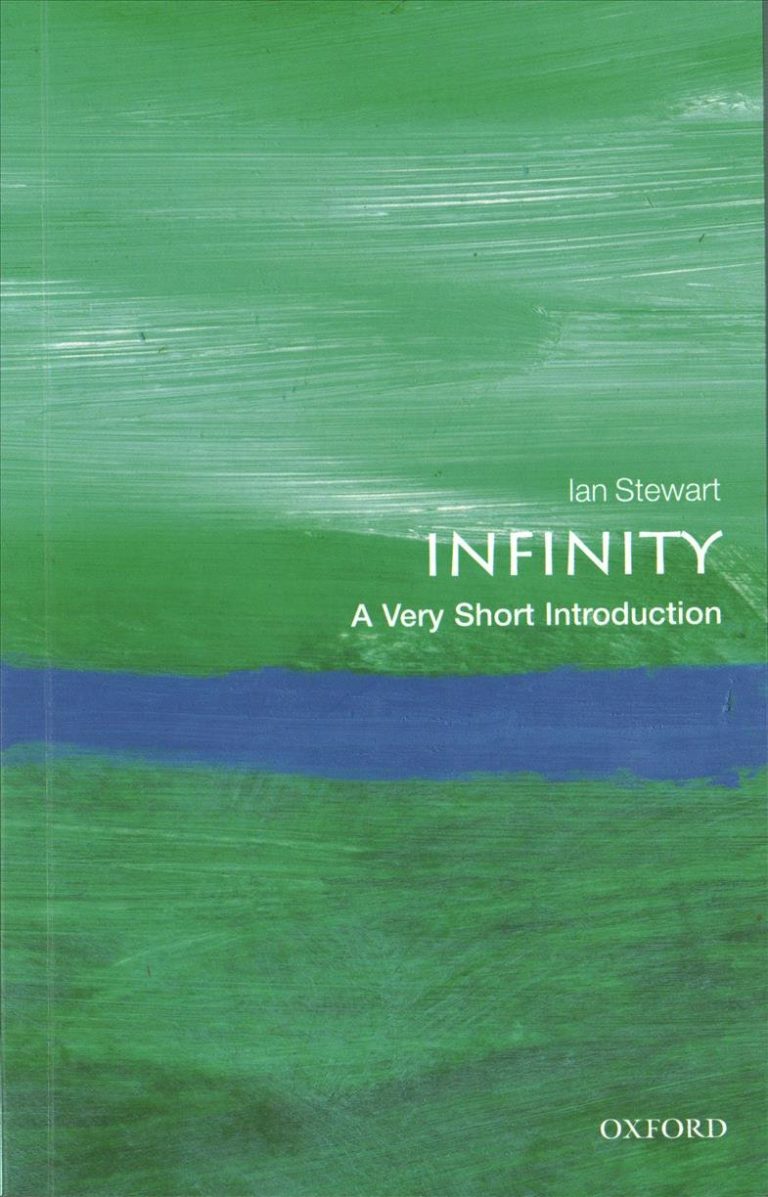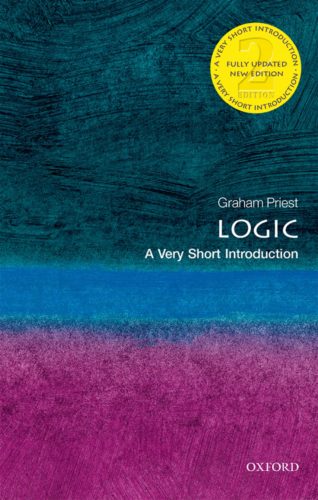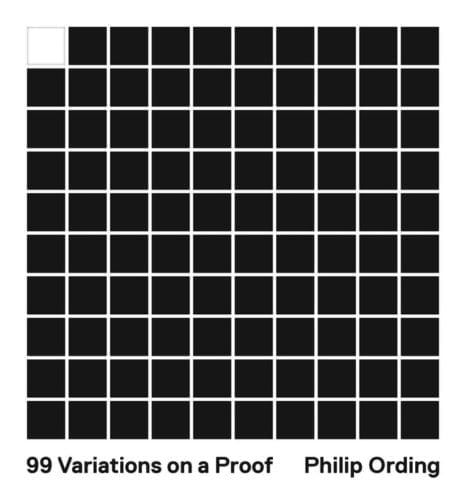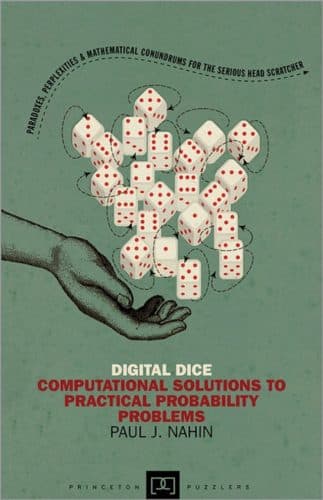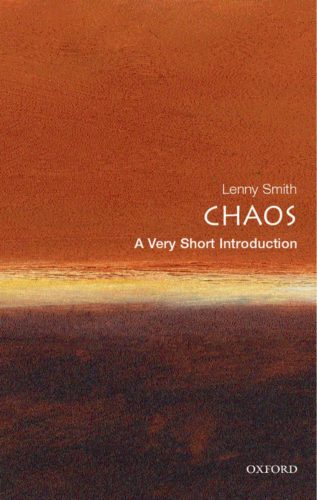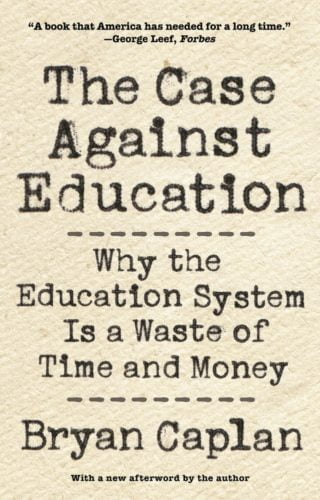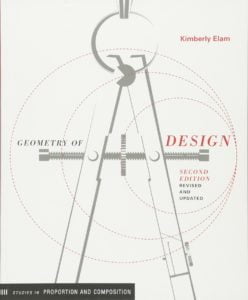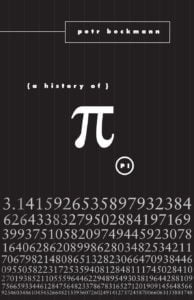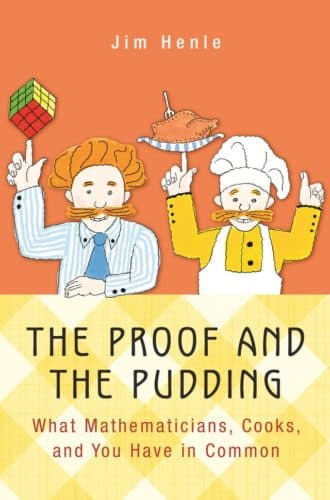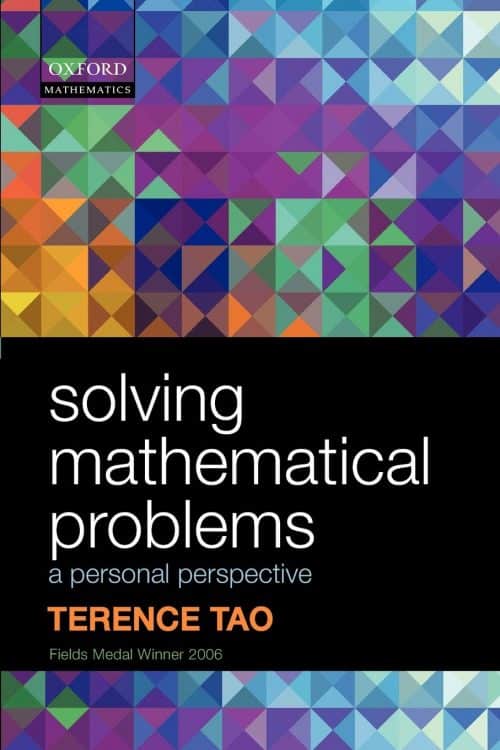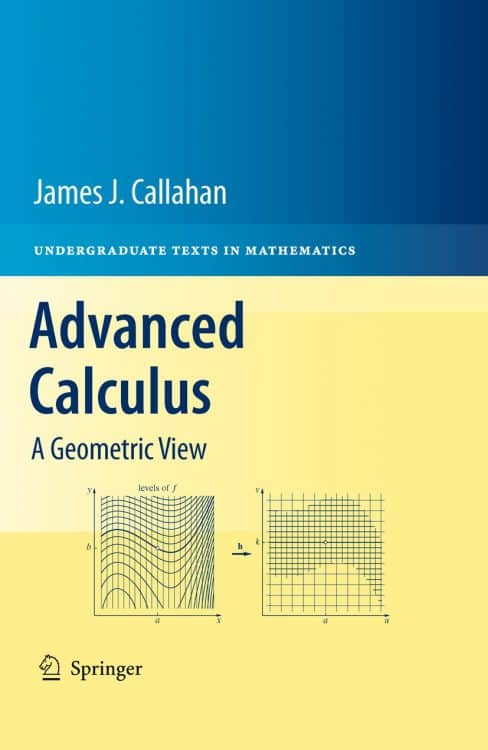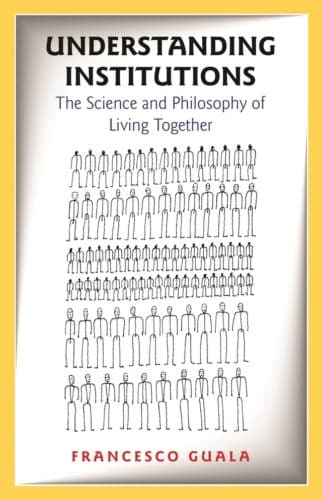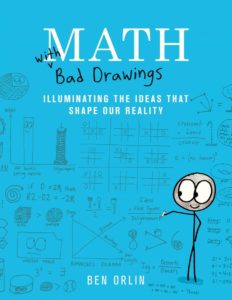Infinity is a fascinating subject with connections to arithmetic, physics, logic, metaphysics, religion, and philosophy. Its history dates back to antiquity, and Euclid, Aristotle, Eudoxus, and Archimedes made particularly significant contributions. The infinitely small and the endlessly enormous are intimately connected (infinitesimal). Cosmologists take a broad look at the idea of an infinite universe. Philosophers and mathematicians have put up numerous paradoxes regarding infinity and infinitesimals, ranging from Zeno to Russell. Numerous important areas of mathematics depend in some way on infinity. Calculus is the most prominent and the first area in which important new techniques relied on expressing infinite processes. However, there are numerous others, such as fractals and Fourier analysis.
In this Very Short Introduction, Ian Stewart covers infinity in mathematics while also incorporating its many other facets, highlighting some of the key issues it raises and outlining some key conclusions. He argues that dealing with infinity is more than just an intellectual exercise in abstraction; rather, it is a concept with significant practical applications that occur every day. He also discusses how mathematicians use infinity and infinitesimals to provide techniques that do not appear to involve the infinite.

